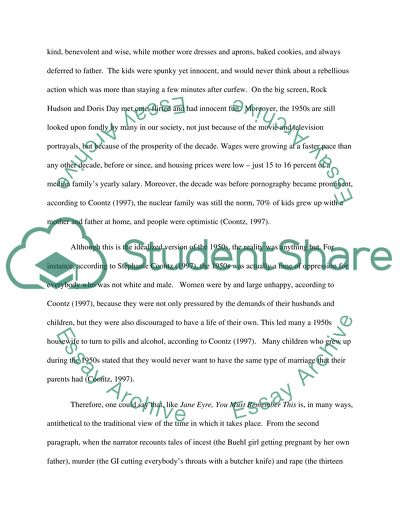Cite this document
(“You Must Remember This Book Report/Review Example | Topics and Well Written Essays - 1500 words”, n.d.)
Retrieved from https://studentshare.org/literature/1398869-literary-analysis
Retrieved from https://studentshare.org/literature/1398869-literary-analysis
(You Must Remember This Book Report/Review Example | Topics and Well Written Essays - 1500 Words)
https://studentshare.org/literature/1398869-literary-analysis.
https://studentshare.org/literature/1398869-literary-analysis.
“You Must Remember This Book Report/Review Example | Topics and Well Written Essays - 1500 Words”, n.d. https://studentshare.org/literature/1398869-literary-analysis.


